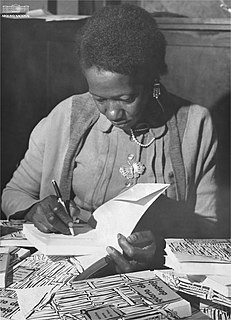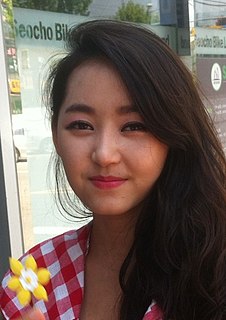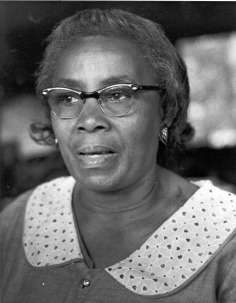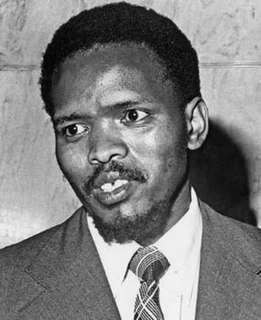A Quote by Carolina Maria de Jesus
a poet will even face death when he sees his people oppressed.
Related Quotes
When the father dies, he writes, the son becomes his own father and his own son. He looks at is son and sees himself in the face of the boy. He imagines what the boy sees when he looks at him and finds himself becoming his own father. Inexplicably, he is moved by this. It is not just the sight of the boy that moves him, not even the thought of standing inside his father, but what he sees in the boy of his own vanished past. It is a nostalgia for his own life that he feels, perhaps, a memory of his own boyhood as a son to his father.
Moonlight streamed in, sending loving beams over his face. He closed his eyes and basked in it, and I could tell it was calling to him, even though the moon was not full. She didn't speak to me, but Samuel had once described her song to me in the words of a poet. The expression of bliss on his face while he listened to her music made him beautiful.
At the solemn moment of death, every man, even when death is sudden, sees the whole of his past life marshalled before him, in its minutest details. For one short instant the personal becomes one with the individual and all-knowing ego. But this instant is enough to show to him the whole chain of causes which have been at work during his life.
The deepest and most organic death is death in solitude, when even light becomes a principle of death. In such moments you will be severed from life, from love, smiles, friends and even from death. And you will ask yourself if there is anything besides the nothingness of the world and your own nothingness.
The good news is that even though we walk through this valley of death, we don't have to fear, at least not for ourselves! Unfortunately, there is no way to skip over the valley altogether, we must face death and the evidence of evil all around us. But there will come a day... And what a day that will be!

































